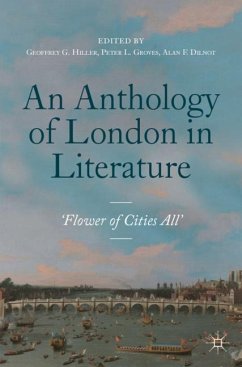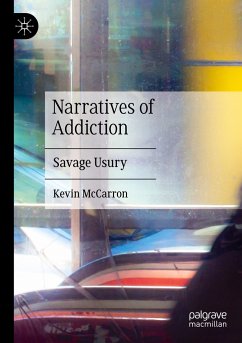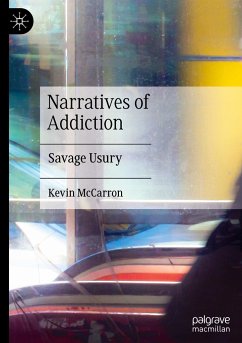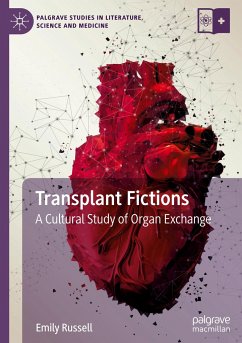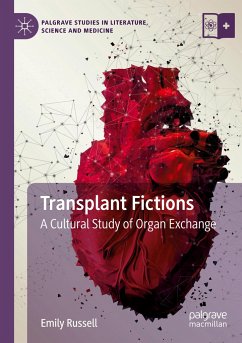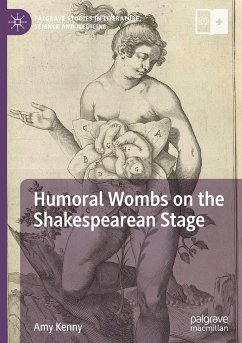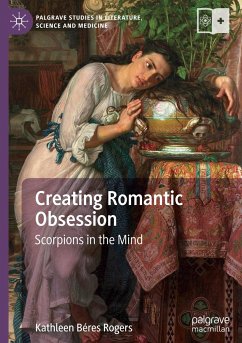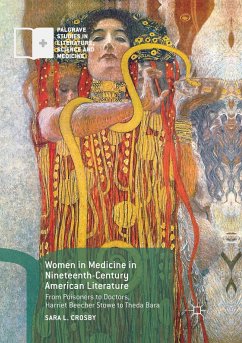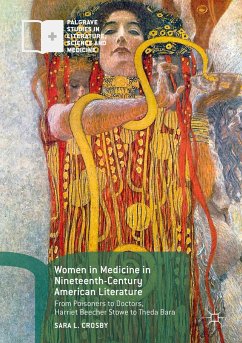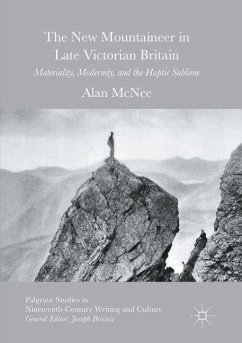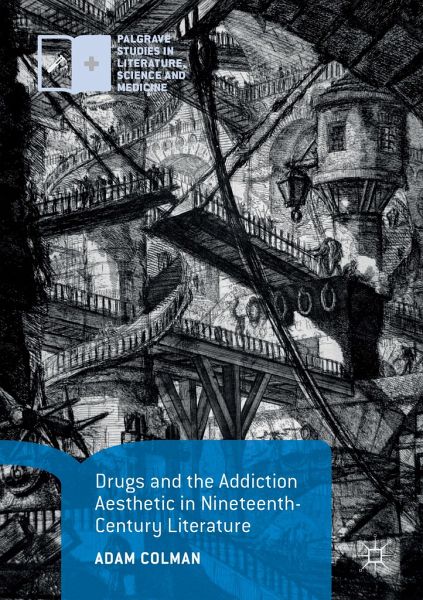
Drugs and the Addiction Aesthetic in Nineteenth-Century Literature

PAYBACK Punkte
27 °P sammeln!
This book explores the rise of the aesthetic category of addiction in the nineteenth century, a century that saw the development of an established medical sense of drug addiction. Drugs and the Addiction Aesthetic in Nineteenth-Century Literature focuses especially on formal invention-on the uses of literary patterns for intensified, exploratory engagement with unattained possibility-resulting from literary intersections with addiction discourse. Early chapters consider how Romantics such as Thomas De Quincey created, with regard to drug habit, an idea of habitual craving that related to self-...
This book explores the rise of the aesthetic category of addiction in the nineteenth century, a century that saw the development of an established medical sense of drug addiction. Drugs and the Addiction Aesthetic in Nineteenth-Century Literature focuses especially on formal invention-on the uses of literary patterns for intensified, exploratory engagement with unattained possibility-resulting from literary intersections with addiction discourse. Early chapters consider how Romantics such as Thomas De Quincey created, with regard to drug habit, an idea of habitual craving that related to self-experimenting science and literary exploration; later chapters look at Victorians who drew from similar understandings while devising narratives of repetitive investigation. The authors considered include De Quincey, Percy Shelley, Alfred Tennyson, Christina Rossetti, Charles Dickens, Robert Louis Stevenson, and Marie Corelli.





